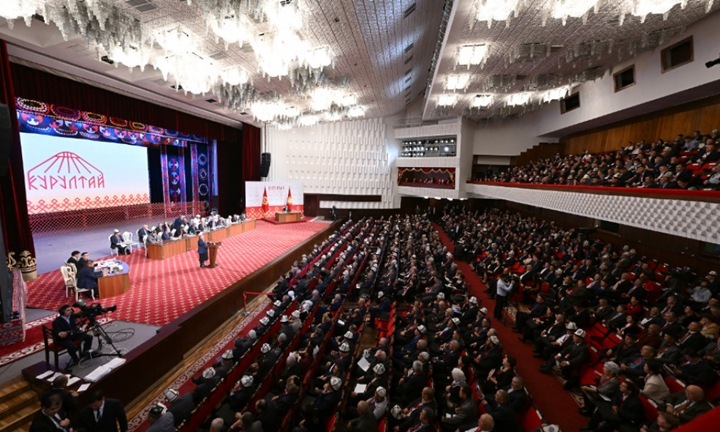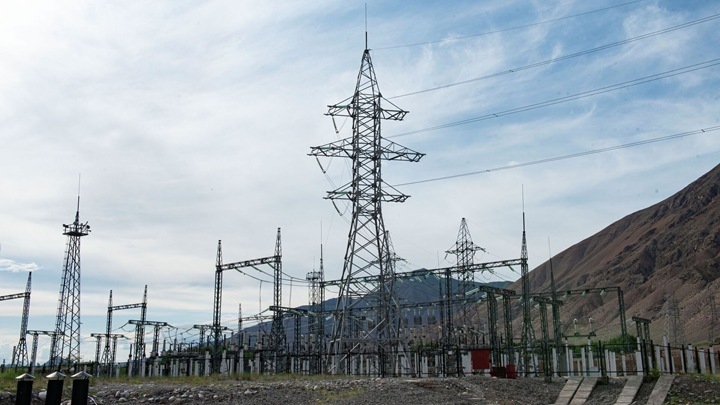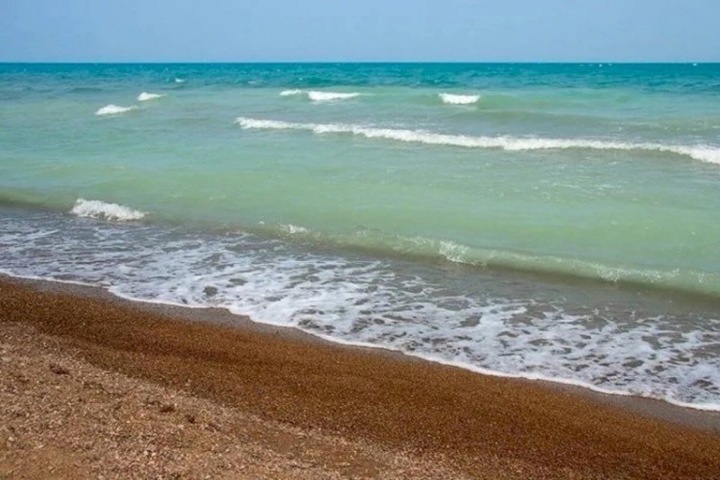At the Kurultai in Bishkek, delegates demanded more hydroelectric power plants and reservoirs
The III People’s Kurultai was held in Bishkek for two days – on December 20 and 21, which was attended by 700 delegates from all over Kyrgyzstan, as well as the President of the country, the toraga of the Jogorku Kenesh, the chairman of the Cabinet of Ministers, his deputies, heads of ministries and departments. Among other instructions, delegates from different regions of the republic demanded from the authorities the creation of new reservoirs and the construction of new hydroelectric power stations.

The delegate from Uzgen district Abdrakhman Zholdoshaliyev during the III national kurultai in Bishkek noted the problem of lack of water for irrigation in the region.
According to him, five rivers flow through the Uzgen aiyl aimag, and although there is enough water in spring and autumn, there is not enough during the irrigation period.
“The Kozulu, Atamkul, and Kara-Zhygach canals are diverted only from the Zerger River, which provide 2,366 hectares of land in the aiyl aimags of Zhazy and Tor-Kol. These channels require 19 million 661 thousand cubic meters of water, but only 60% of the volume can be provided. The rest of the water has to be taken additionally from the Zhaza River,” Zholdoshaliev said.
To solve this problem, he proposed to build long-term regulation basins on the Zerger River, which would allow accumulating up to 8 million cubic meters of water per year, which would meet the needs of farmers in irrigation water.
The delegate also recalled that Uzgen district is rich in rivers such as Kara-Darya, Zhazy, Zerger, Changet and Kurshab. Previously, small HPPs operated on them before the commissioning of the Toktogul HPP. Taking into account the growing needs of the population for electricity, Zholdoshaliyev proposed resuming the construction of small hydroelectric power stations.
“The site of the former small hydroelectric power station, which is ready for use, has been preserved in aiyl Jeerenche in the aiyl aimag of Zhazy. There are similar suitable places on other rivers of the district,” he added.
Iskhak Pazylov, a delegate from Leilek district, also raised issues of using water resources and improving infrastructure in the region.
According to him, two large rivers flow through Leilek — Kozu-Balban and Ak-Suu. However, the potential of these rivers is underutilized, which limits the possibilities for irrigation of agricultural land.
“We have Berk-Suu and Sary-Dosh projects, and the next important step is the construction of the Leilek reservoir. Thanks to this, we hope to provide water to such rural districts as Ken-Talaa, Zhany-Zher and Kulundu,” Pazylov said.
He also stressed the importance of implementing the project at Jailoo Sarken-Tooo, which will provide water to the city of Razzakov, Toguz-Bulak and Sumul.
“It is necessary to stretch 17 kilometers of water pipes in Kok-Tash,” the delegate added.
Taalaibek Osmonov, a delegate from Naryn district, asked the President to launch the Naryn cascade of hydroelectric power plants. According to him, this would increase the number of jobs and incomes of the population.
Delegate Gulayim Seitgazieva stated the need to create a new reservoir near the village of Tosok in the Jeti-Oguz region of Kyrgyzstan.
“In the village of Tosok, it is also necessary to build trays in local canals. Also, the issue of building a reservoir is not being resolved in this village. To date, the design and estimate documentation is already ready,” she added.
In turn, the new head of the Cabinet of Ministers of the country, Adylbek Kasymaliev, said that Kyrgyzstan is positioned as a key reliable partner in Central Asia in the field of hydropower and spoke about the hydropower potential of the Kambar-Ata HPP-1.
“The following measures will be implemented for the development of this sector: firstly, the potential of solar, wind and hydropower will be developed, while the state monopoly will be eliminated and favorable conditions for attracting investments will be created; secondly, the joint construction of the railway with Uzbekistan and cooperation on the construction of the Kambar-Ata HPP-1 with Kazakhstan and Uzbekistan contributes to strengthening regional cooperation and creating favorable conditions for further development,” he said.


